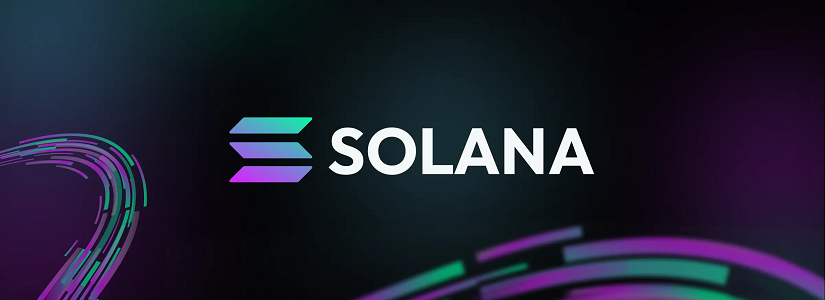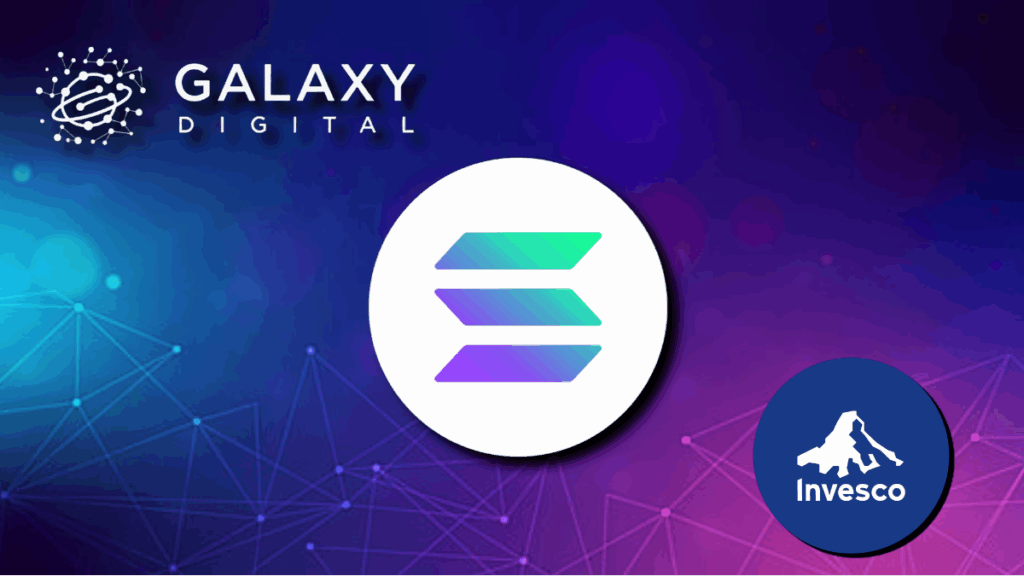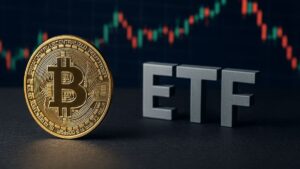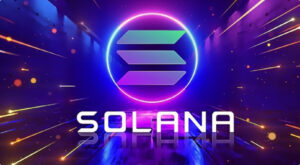TL;DR
- Invesco and Galaxy Digital have jointly filed an application with the SEC to launch a Solana ETF under the ticker QSOL.
- The fund would track the spot price of SOL through the Lukka Prime index and allow staking to generate rewards.
- With this move, the race to approve the first Solana ETF in the U.S. heats up, joining VanEck, Bitwise, and 21Shares.
The competition to bring a spot Solana ETF to U.S. markets is heating up. Investment giant Invesco and crypto-native firm Galaxy Digital have formally joined the race, filing with the Securities and Exchange Commission for approval to launch the “Invesco Galaxy Solana ETF”. The fund would trade under the ticker “QSOL” on the Cboe BZX exchange, aiming to mirror the real-time market price of SOL through Lukka’s benchmark reference rate.
This partnership combines traditional finance muscle with digital asset expertise. Invesco Capital Management will serve as sponsor, while Galaxy Digital will handle the acquisition of SOL tokens. Coinbase Custody Trust Company will safeguard the assets, and Bank of New York Mellon will oversee fiat transactions. The structure reflects a growing institutional interest in crypto assets beyond Bitcoin and Ethereum, a trend that has accelerated following the SEC’s approval of ETFs based on those two leading cryptocurrencies.
Staking and Token Management Bring Yield Potential
One of the key features of QSOL is its integrated staking mechanism. If approved, the fund would have the ability to stake SOL through verified providers, including possible affiliates. This introduces an income-generating element rarely seen in traditional ETFs. While staking rewards will be treated as taxable income rather than impacting the fund’s net asset value, they could enhance the overall performance over time.
The filing also specifies that airdropped or forked assets will not count toward the ETF’s valuation, focusing solely on native SOL. Redemptions and share creations will occur either in-kind or in cash, managed by authorized participants. This design mirrors structures already used in Bitcoin ETFs.

ETF Competition Signals Strong Institutional Demand
VanEck, Bitwise, and 21Shares have also filed for Solana ETFs, indicating that market participants view SOL as a long-term component of diversified digital asset portfolios. The SEC’s recent request for updated S-1 filings from Solana ETF applicants suggests that the agency may be preparing to act sooner than anticipated.
Solana, often highlighted for its scalability and low fees, is increasingly viewed as a core network in the smart contract space. As institutional investors seek exposure beyond Bitcoin and Ethereum, the Solana ETF race reflects a broader recognition of crypto’s growing legitimacy in traditional finance.










